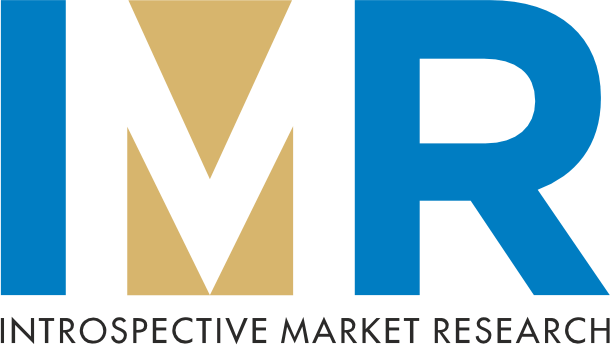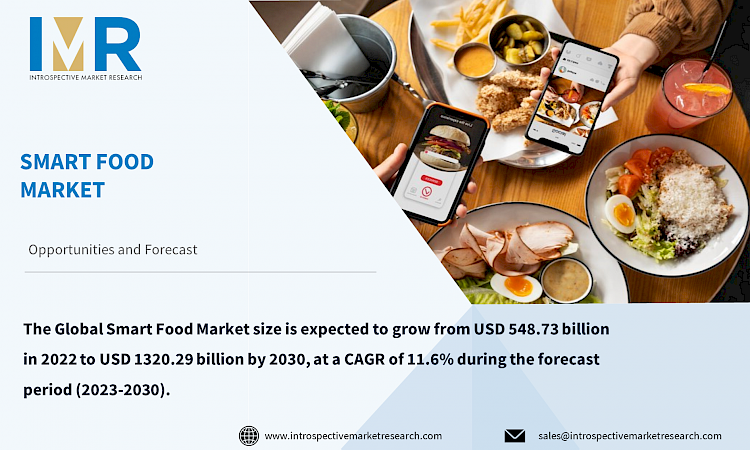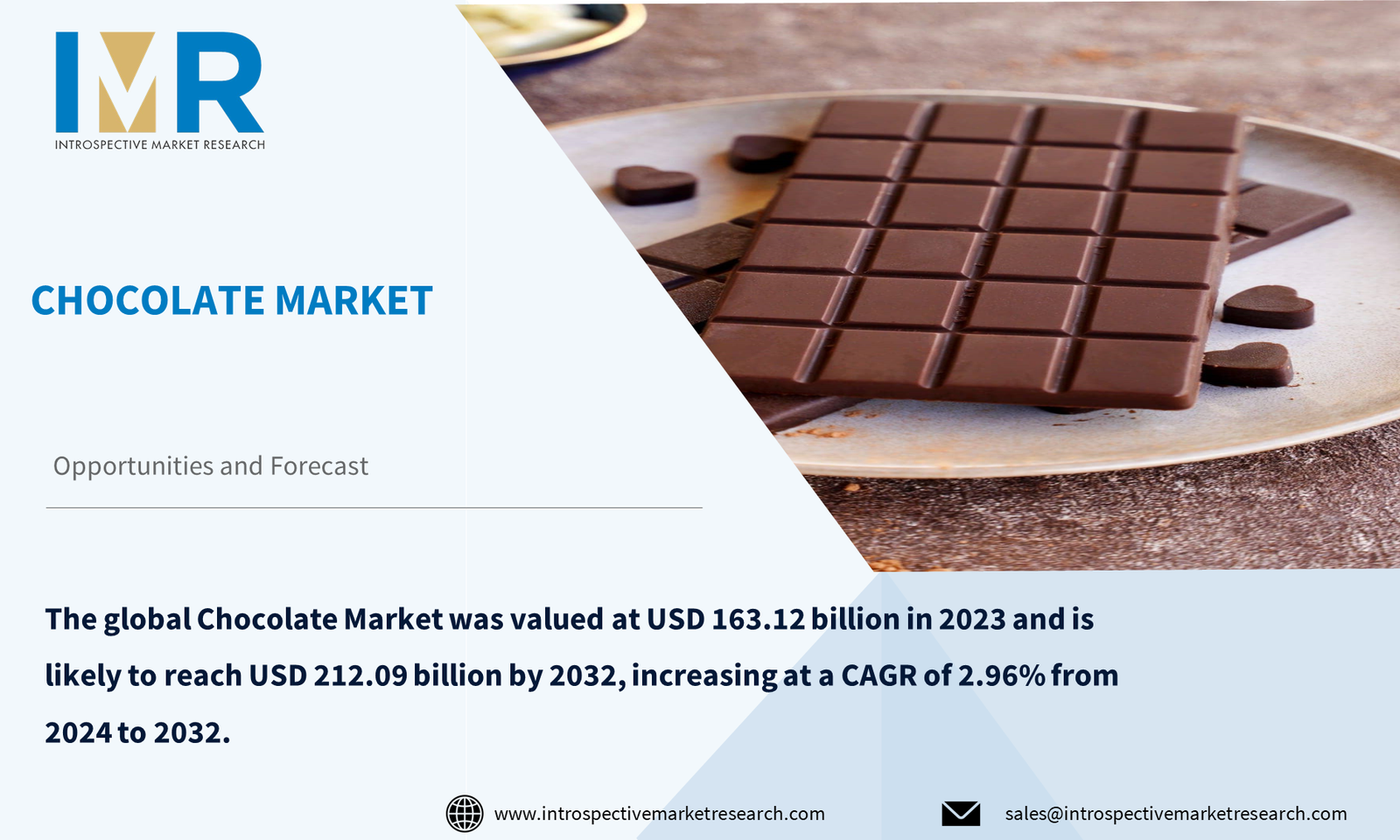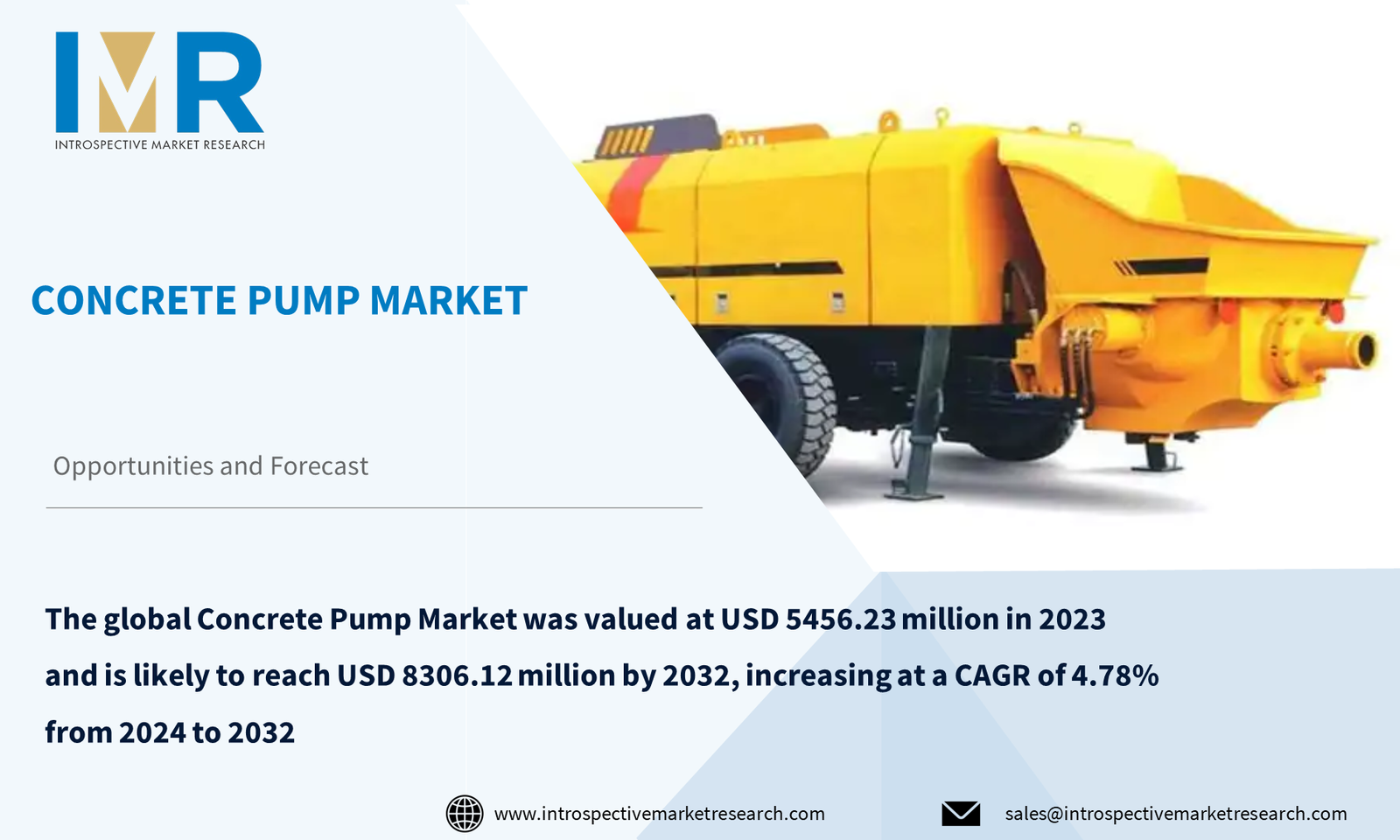Market Overview:
The Global Smart Food Market size is expected to grow from USD 548.73 billion in 2022 to USD 1320.29 billion by 2030, at a CAGR of 11.6% during the forecast period (2023-2030).
Smart Food is a new and innovative concept that involves promoting foods that are beneficial for one's health, the environment, and farmers. Smart Food aims to address a wide range of global issues, such as poor diets, environmental challenges like climate change, water scarcity, and environmental degradation, and poverty. By reintroducing certain Smart Foods as staples in developing countries and popularizing them worldwide, the concept has the potential to make a significant impact on these pressing issues. The Smart Food market includes various food categories, such as functional foods, encapsulated foods, genetically modified foods, analog food, and novel foods. The industry offers customers a variety of nutritious and healthful options in the form of diverse end-products.
Top Key Players Covered In The Smart Food Market:
- ADM (US)
- Kellogg Company (US)
- Arla Foods (Denmark)
- Aveka Inc. (US)
- Balchem Corporation (US)
- BASF SE (Germany)
- Cargill Inc. (US)
- Firmenich SA (Switzerland)
- Ingredion Incorporated (US)
- International Flavors & Fragrances Inc. (IFF) (US) and other major players.
Market Dynamics and Factors:
Consumers are becoming increasingly aware of the importance of healthy and nutritious food. This has led to a growing demand for foods that provide health benefits beyond basic nutrition. Busy lifestyles and changing consumer preferences are leading to a growing demand for convenient and ready-to-eat foods. Smart foods that offer nutritional benefits and convenience are well-positioned to capitalize on this trend. The use of technologies such as precision agriculture, artificial intelligence, and gene editing can help create more efficient and sustainable food production systems, leading to the development of new Smart Food products.
The growing popularity of plant-based diets presents an opportunity for Smart Food companies to develop new plant-based products that are both nutritious and sustainable. Advances in technology and data analytics are enabling the development of personalized nutrition solutions that can help individuals optimize their health through personalized Smart Food recommendations. This is creating opportunities for smart food manufacturers to innovate and develop new products that meet regulatory requirements.
The Smart Food Market Report Highlight:
- By Food Type, the functional food segment is anticipated to lead the growth of the Smart Food market in the forecasted timeframe. Demand is being driven by an increase in the consumption of food products containing functional ingredients.
- By End Product, the dairy products segment is expected to have the highest share of the Smart Food market over the projected period. Due to rising dairy consumption and a growing worldwide population. Demand for high-quality dairy products is increasing as consumers
- The Asia Pacific region is expected to have the highest share of the Smart Food market over the projected period. Due to changing dietary preferences, eating patterns, and habits among consumers, which can be attributed to an increase in purchasing power and the adoption of a more modern lifestyle.
Key Industry Development:
- In February 2023, In a strategic move to strengthen its position in the rapidly expanding plant-based food sector, Benson Hill," a prominent food technology company specializing in plant-based protein production. This acquisition marks a pivotal step in [Your Company Name]'s commitment to innovation and sustainability, leveraging Benson Hill's advanced technologies to enhance the development of cutting-edge plant-based products.
- In January 2023, "Garden Gourmet Sensational Burger launched a revolutionary plant-based burger that promises an unparalleled sensory experience. Developed with cutting-edge technology and a commitment to sustainability, the burger aims to cater to the growing demand for delicious and eco-friendly alternatives to traditional meat products.
Smart Food Market Segmentation:
By Food Type
- Genetically Modified Food
- Encapsulated Food
- Functional Food
By End Product
- Bakery & Confectionary products
- Dairy Products
- Meat products
- Beverages
- Dietary Supplements
For this report, Introspective Market Research has segmented the Smart Food Market based on region:
Regional Outlook (Revenue in USD Million; Volume in Units, 2023-2030)
- North America
- The U.S.
- Canada
- Mexico
- Eastern Europe
- Russia
- Bulgaria
- The Czech Republic
- Hungary
- Poland
- Romania
- Rest of Eastern Europe
- Western Europe
- Germany
- UK
- France
- Netherlands
- Italy
- Spain
- Rest of Western Europe
- Asia Pacific
- China
- India
- Japan
- Singapore
- Australia
- New-Zealand
- Rest of APAC
- Middle East & Africa
- Turkey
- Saudi Arabia
- Qatar
- UAE
- Israel
- South Africa
- South America
- Brazil
- Argentina
- Rest of SA







